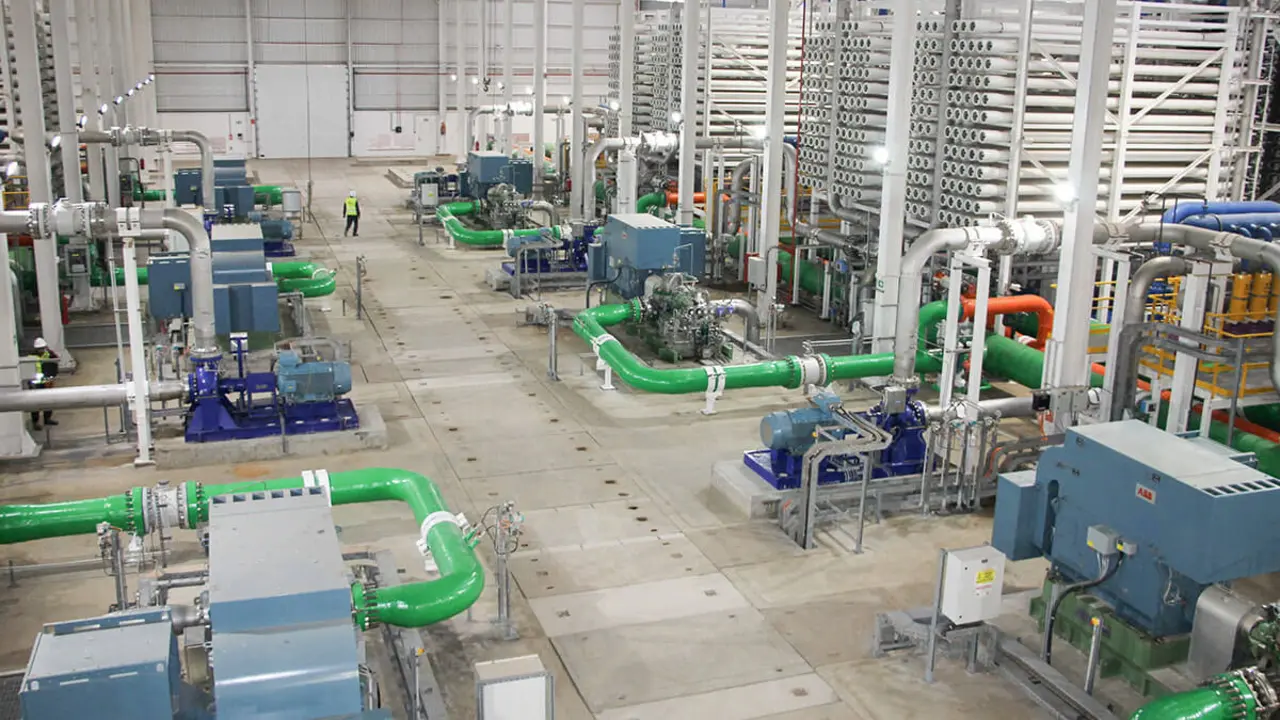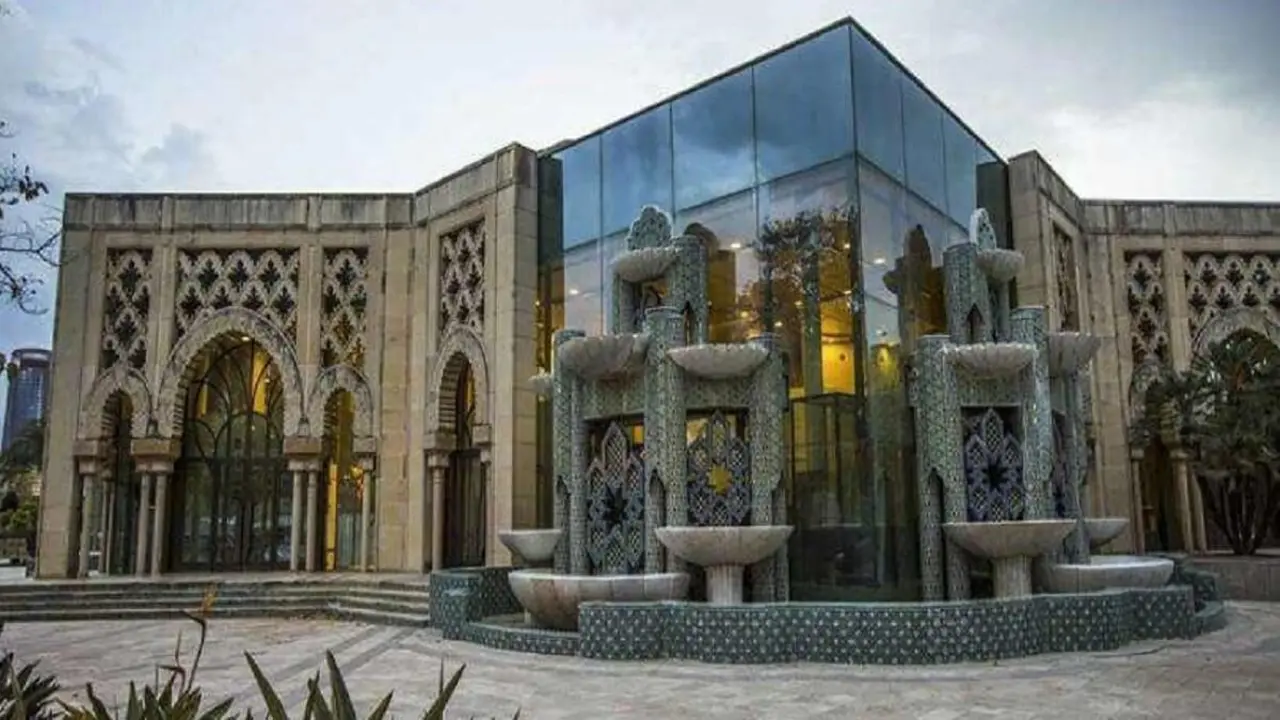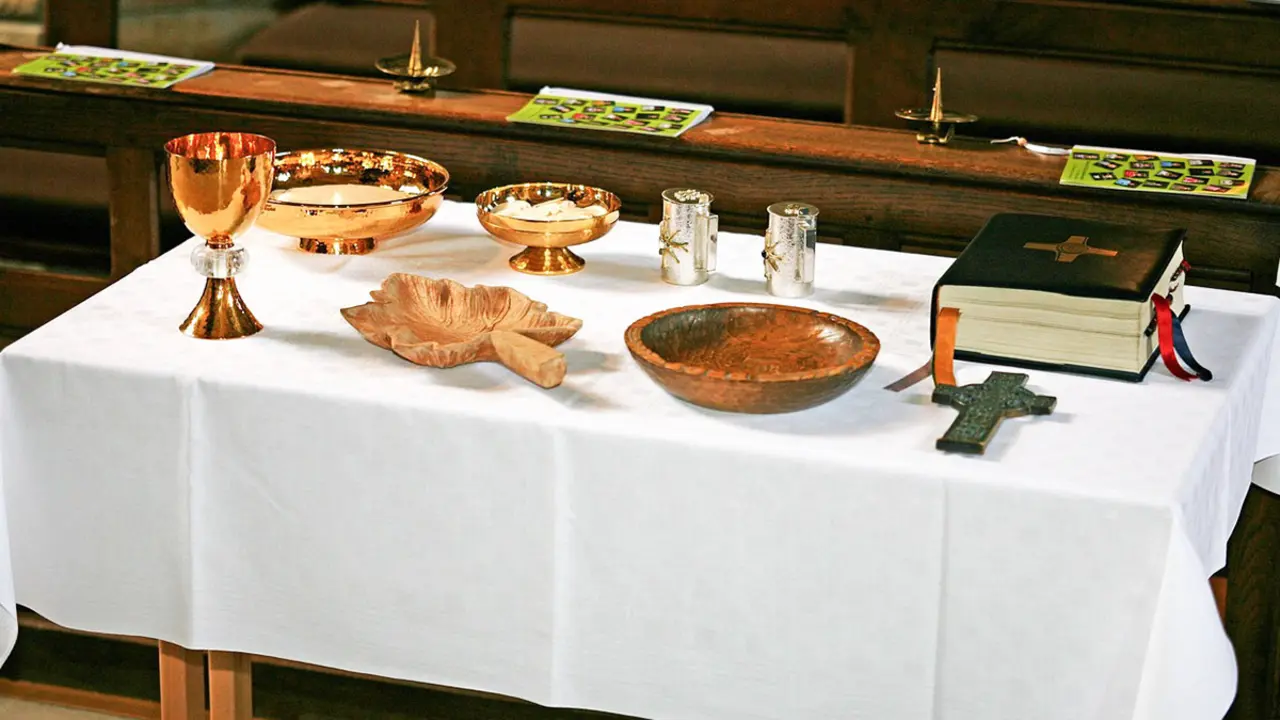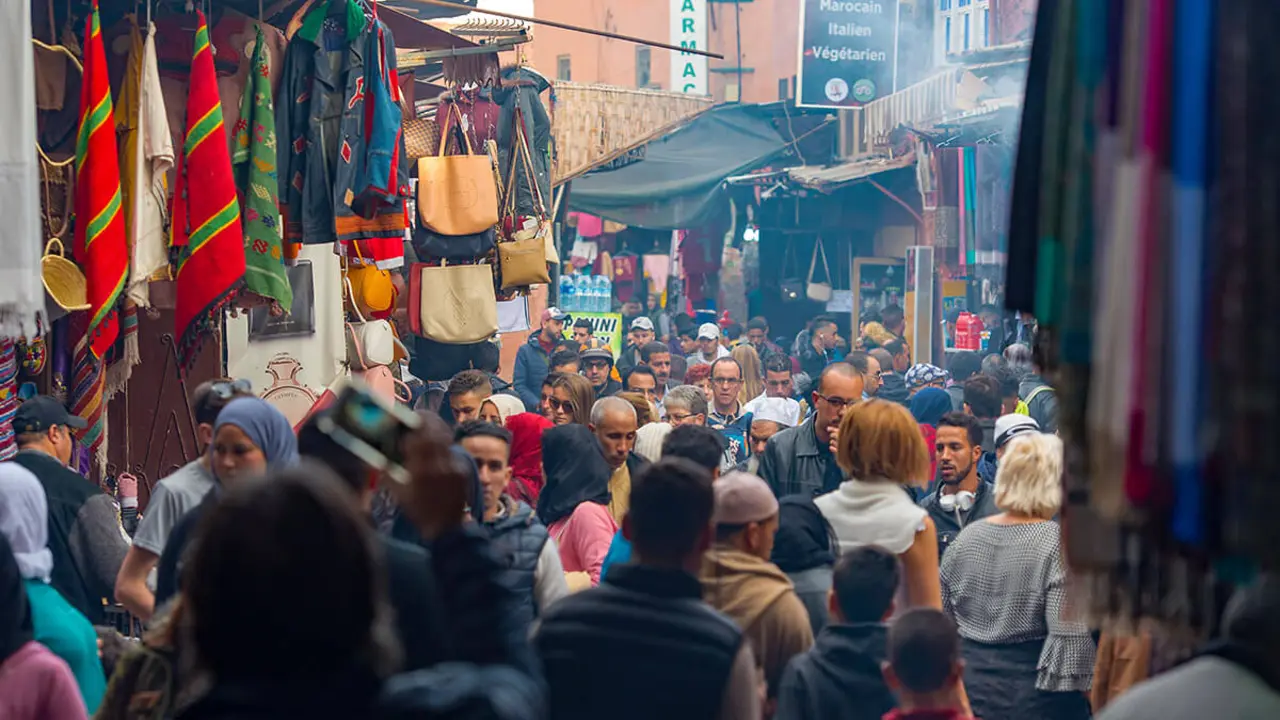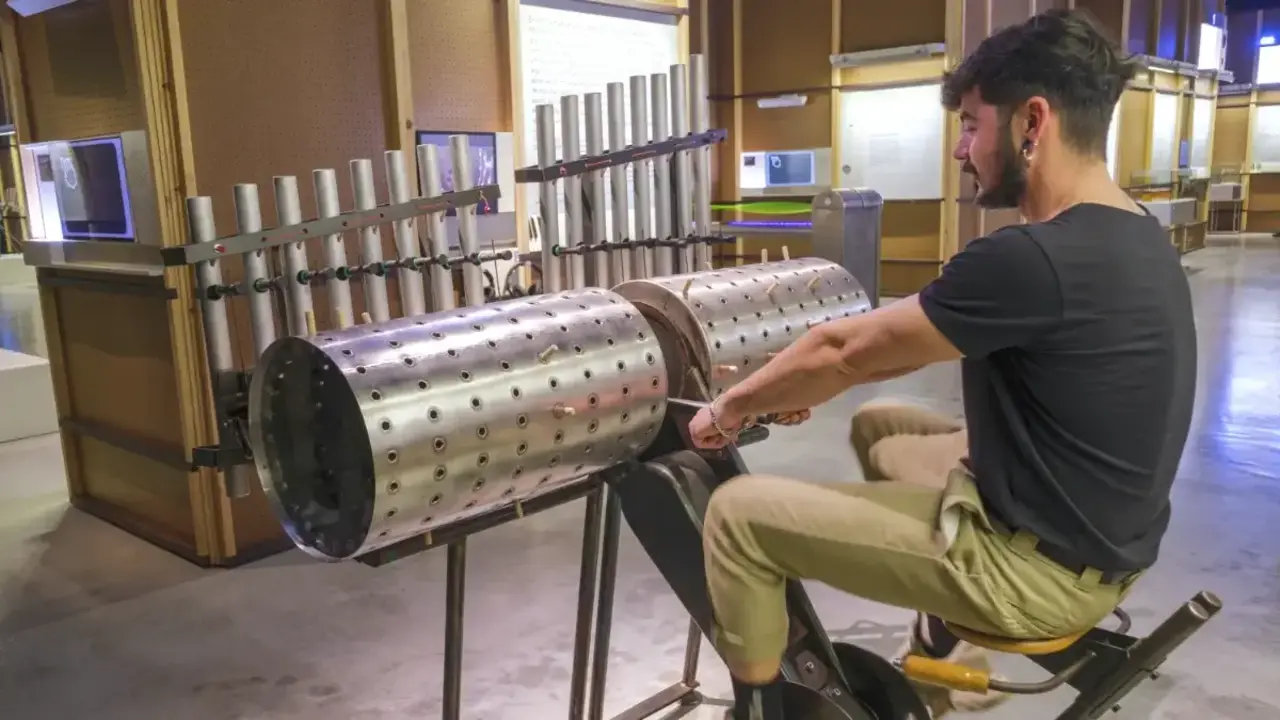Migration stories: Brazil relocation a synonym for hope for Venezuelan migrants

As he packed his belongings into a suitcase hours before leaving for a new life in Santa Catarina, a state in southern Brazil, 46-year-old Javier, a Venezuelan, felt a deep sadness: "I am leaving to try to forge a future for my son and grandchildren. So that they can have a good education and a better life than the one I have had".
Together with his son José, 21, his daughter-in-law Deikerson, 20, and his three grandchildren, this man from Ciudad Bolívar, who previously worked as a car mechanic, has been living since 2019 in a humble home in the Brazilian town of Boa Vista, for which he pays a rent of 100 dollars. Since then, the family has been able to survive with the help of humanitarian assistance and by collecting plastic bottles for recycling.
Now, thanks to the relocation strategy led by the Brazilian government, Javier is going to start a new job in Santa Catarina. In 24 hours, he will be travelling 5,000 kilometres south of Boa Vista to his new home where he hopes to bring his family from whom he has been separated.
Sitting together on a bed on the porch outside the house, in an attempt to escape the intense heat, Javier and his son exchange a few words until it is time to say goodbye.
"The worst thing about all this is that I'm separating from my son and daughter-in-law, and, above all, from my grandchildren," he said, tilting his face to hide the tears. "But on the other hand, I am happy because for the first time in my life I will be able to apply my skills in a decent job with a fixed salary at the end of the month".


Assisting thousands of Venezuelans to fly from faraway Roraima to other cities with better job prospects, the 'interiorisation' strategy, which works with the help of the International Organisation for Migration (IOM) and other UN agencies, is helping refugees and migrants from Venezuela to restart their lives in Brazil.
This voluntary relocation programme, which is part of Operation Acogida (the Brazilian government's humanitarian response plan), provides a lifeline and promotes integration by helping people find new job opportunities or reunite with family or friends in other parts of the country. In the past five years, more than 100,000 people have been resettled in more than 930 cities in this continent-sized country.

Pedro, 26, and Loriuska, 19, are a young Venezuelan couple who have started a new life together in southern Brazil, with job opportunities on the horizon.
"For us it has been like a rebirth, as we will no longer be on the streets, we will have a place to sleep, a bathroom, and we will be able to earn money to send a little back to our families left behind in Venezuela," said Pedro.
"I feel happy because we are going to a new future," Loriuska said before boarding a six-hour flight to Curitiba, in the state of Paraná. "What I most want to do now is study. I want to make up for lost time".
People are relocated so that they can be reunited with family or friends already living in other parts of Brazil. Others are hired before leaving Boa Vista by companies in need of labour, and a third group is assisted by civil society organisations.

And they are not alone in what they have called "the Brazilian dream". Since April 2018, the government in Brasilia has relocated thousands of Venezuelans from high-pressure border areas in the north to other cities such as Rio de Janeiro and Brasilia, offering better opportunities for autonomy and integration. With the help of staff from the International Organization for Migration, migrants and refugees find a place to live as well as job opportunities.
Santo, 58, and Mireya, 51, arrived a month ago in Brazil, aiming to join their only son and grandchildren, who have been living in Santa Catarina since 2021. Both miss their home country, but are very grateful that other countries in the region such as Brazil are welcoming Venezuelans.
"Brazil is giving us a new opportunity and we hope we can give back everything they are giving us," said Santo, sitting on a sailor's bed in one of the federal shelters in Boa Vista.
Their journey began in Temblador, a small rural community in the Venezuelan state of Monagas. They said goodbye to friends and relatives, sold their longtime home for $300 and headed for the Brazilian border.
Since then, they have been living in a temporary shelter with hundreds of other Venezuelans. "Our lives are suspended in the air, we have nothing," said the carpenter, hoping that by having a stable job he would be able to access a new home. "I am a professional with 30 years of experience and I can work and progress in this place".
Santo and Mireya already see Brazil as their second home. "It's great to see that we can be part of the future of this country and that they have accepted us," said Santo, beaming with happiness as they boarded a flight to Santa Catarina to join their son and grandchildren soon.
This story was written by Gema Cortés of the IOM Media Unit, Office of the Special Envoy for the Regional Response to the Situation in Venezuela.


